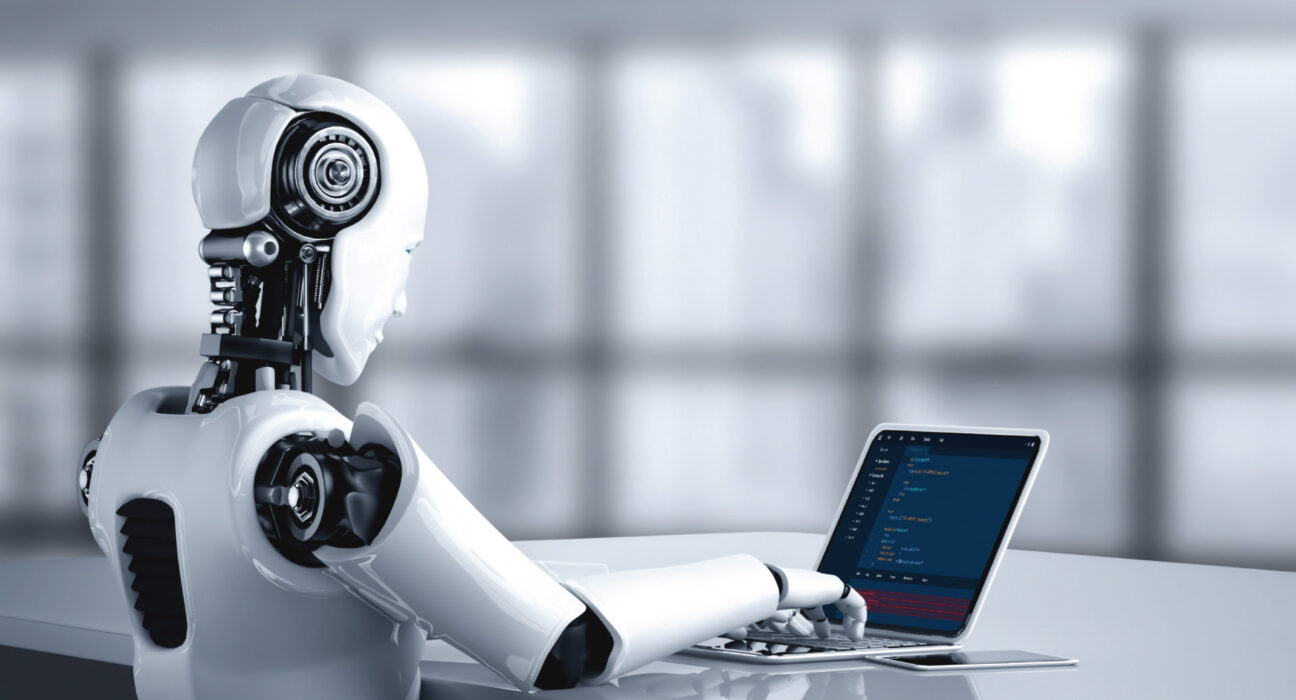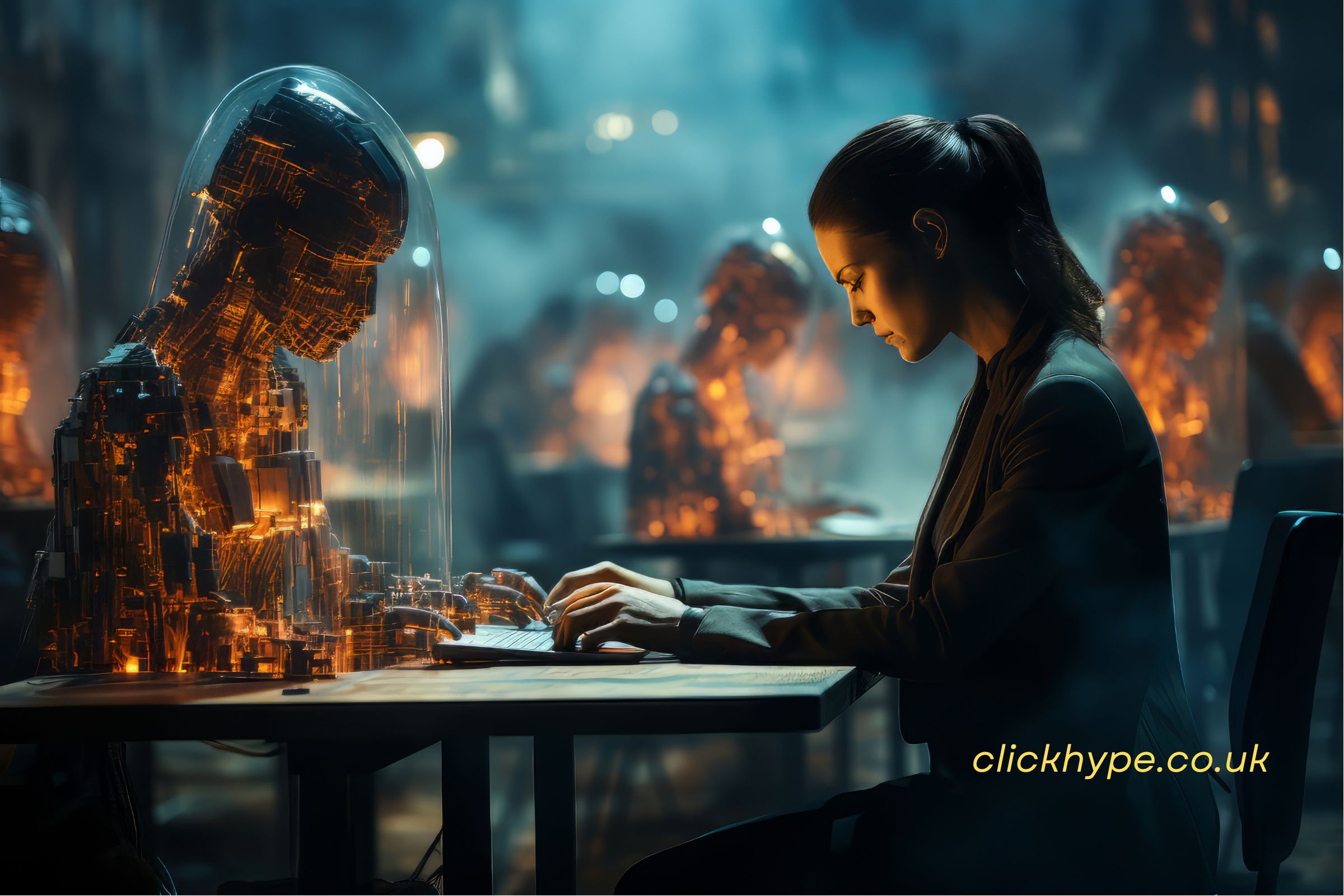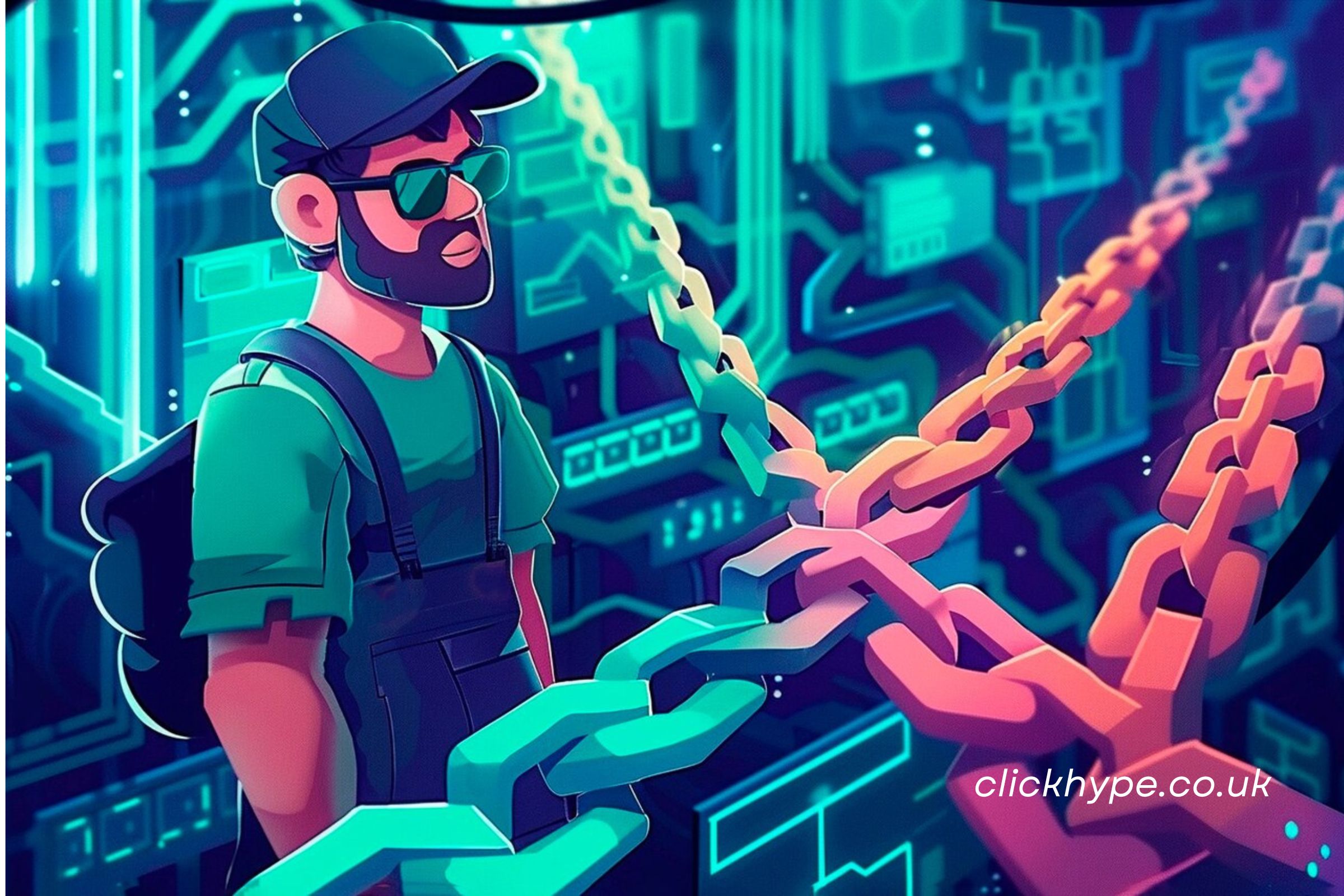Will engineers be replaced by AI in Future? How Long Engineers Can Defeat AI

The notion that robots and artificial intelligence (AI) will one day take over the world has been a recurring theme in both science fiction and serious discussions. This idea has only gained traction as our understanding and implementation of AI have advanced. Today, AI is integrated into nearly every industry, transforming not just manufacturing but also creative fields such as music and art. The widespread adoption of AI tools has democratized access to this technology, making it a central part of our daily lives.
Understanding Artificial Intelligence
To delve into the implications of AI in engineering, it’s important first to understand what AI is. At its core, AI refers to the capability of machines to learn from data, recognize patterns, and make decisions—often through machine learning (ML) and deep learning (DL) algorithms. These systems can analyze past and present data and even predict future outcomes, which is increasingly critical in engineering tasks.
AI enables engineers to perform tasks that would otherwise be time-consuming, costly, or difficult. For example, AI can predict component failures, optimize test plans, and even calibrate complex systems. This technology offers engineers the ability to work smarter, not harder, by automating tedious tasks and focusing on more critical aspects of their jobs.
Will AI Replace Engineers?

The rapid advancements in AI have led to concerns that engineers may be replaced by machines. However, this fear is largely unfounded. While AI can perform specific tasks more efficiently than humans, it is not a replacement for human engineers. Instead, AI serves as a powerful tool that enhances the capabilities of engineers, allowing them to focus on high-level tasks that require critical thinking and expertise.
For instance, technical drawings, which once required the precise skills of draughtsmen, are now mostly automated. Yet, this has not rendered engineers obsolete. Instead, it has freed them to focus on more complex and innovative work. Engineers who embrace AI will find themselves better equipped to handle the challenges of modern engineering, ensuring they remain indispensable in their fields.
The Evolving Role of Engineers
As AI continues to evolve, so too does the role of the engineer. By automating routine tasks, AI allows engineers to dedicate more time to innovation and problem-solving. This shift is not about replacing engineers but about enabling them to work more efficiently and effectively. Engineers who adopt AI will find their roles becoming more fulfilling, as they can apply their skills in more impactful ways.
The future of engineering lies in the hands of those who can harness AI technology. AI-driven tools are already transforming fields such as vehicle acoustics and smart meter performance. Engineers who integrate these tools into their workflows will lead the way in creating more efficient and effective engineering solutions.
How AI Enhances Engineering?

One of the key benefits of AI in engineering is its ability to provide better access to information. AI models can analyze vast amounts of data quickly, offering insights that would be difficult, if not impossible, to obtain manually. This allows engineers to make more informed decisions, optimize designs, and improve business processes.
For example, AI can be used to create self-learning models that predict system performance under a variety of conditions. These models help engineers test for regulatory compliance, optimize designs, and reduce the time spent on repetitive tasks. In doing so, AI empowers engineers to focus on more strategic aspects of their work.
AI and the Future of Engineering Jobs
The fear that AI will lead to massive job losses in engineering is understandable but not entirely accurate. While AI may change the nature of some jobs, it is unlikely to replace engineers entirely. Instead, AI will create new opportunities for engineers who can adapt to the changing landscape.
According to the World Economic Forum, engineering skills are among the most in-demand globally. The integration of AI into engineering practices is expected to enhance, not diminish, the role of engineers. AI will automate routine tasks, but the need for human creativity, collaboration, and problem-solving will ensure that engineers remain vital to the industry.
A Balanced Perspective on AI
It’s essential to approach the rise of AI with a balanced perspective. While there are valid concerns about job displacement, the potential benefits of AI in engineering far outweigh the risks. AI will not eliminate engineering jobs but will instead change how these jobs are performed. Engineers who can adapt to this new reality will find themselves in high demand, working in roles that are more innovative and impactful than ever before.
The Positive Potential of AI
The adoption of AI in engineering is not about replacing human expertise but rather augmenting it. By leveraging AI tools, engineers can improve efficiency, reduce errors, and create more sophisticated designs. The collaboration between AI and engineers is a symbiotic relationship that will drive the future of the industry.
Conclusion: Embracing AI in Engineering
In conclusion, the question of whether AI will replace engineers is not a matter of if but how. AI will not replace engineers but will enhance their roles, making them more critical to the success of their organizations. Engineers who embrace AI will find themselves at the forefront of innovation, driving the industry forward.
The future of engineering is bright, with AI as a powerful ally. Engineers must adapt to this new reality, harnessing the power of AI to create a better, more efficient, and more innovative world. The rise of AI in engineering is not a threat but an opportunity—one that engineers should seize with both hands.
References
– Frey, Carl Benedikt, and Michael Osborne. “The Future of Employment: How Susceptible Are Jobs to Computerisation?” University of Oxford.
– World Economic Forum. “Jobs of Tomorrow: Mapping Opportunity in the New Economy.”
– Stanford University. “Artificial Intelligence and Life in 2030.”
– Bureau of Labor Statistics. “Occupational Outlook Handbook.”
By understanding the relationship between AI and engineering, we can better prepare for a future where technology and human expertise work together to achieve remarkable outcomes.\
More Read: Learn How to Use Erebus AI? A Professional Guide for 2024










